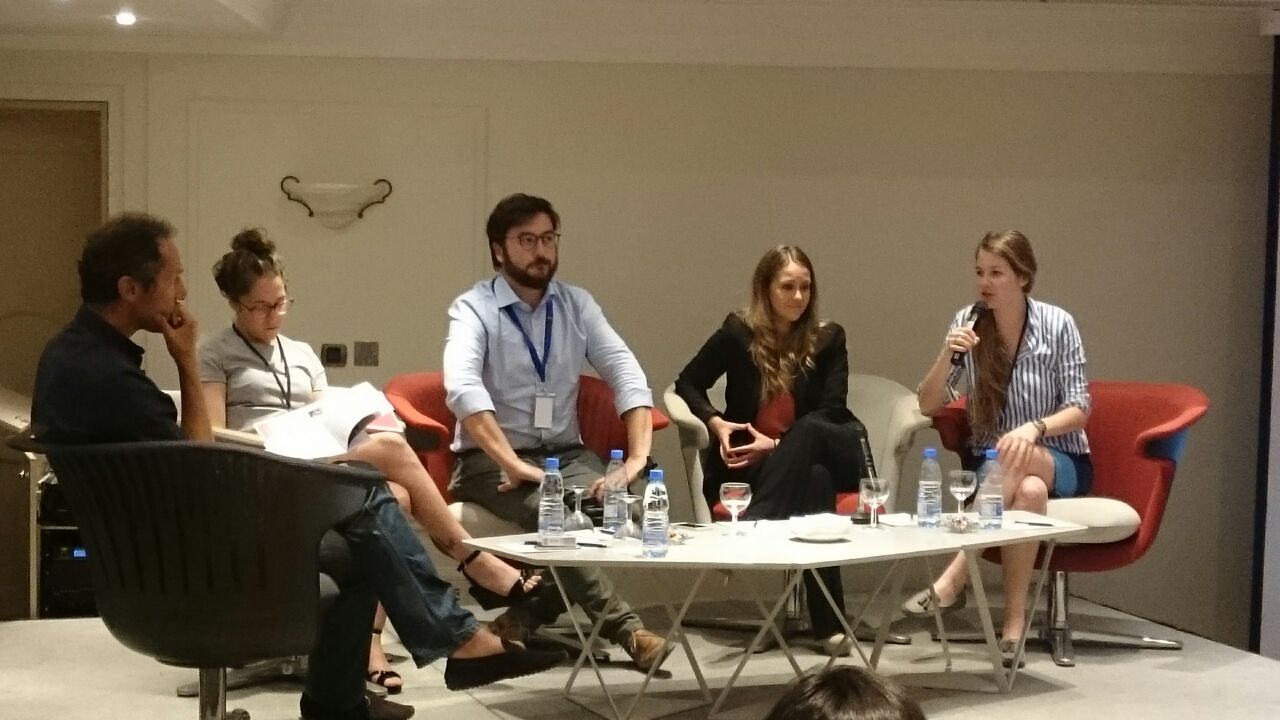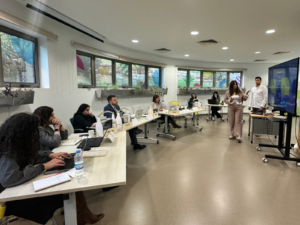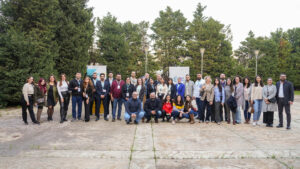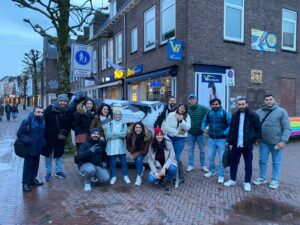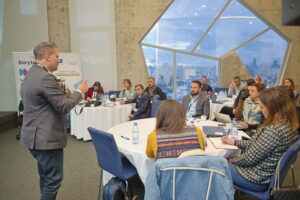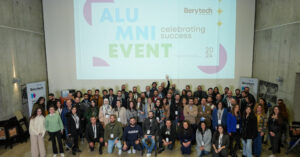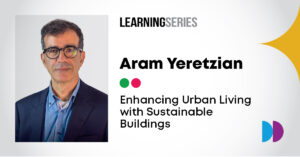A conversation with Chilean changemakers
By Nicole V.Hamouche
While awaiting the ratification by parliament of the Mobile Internet Ecosystem Project MIEP, a four year collaboration program between the World Bank and the Ministry of Telecommunications aimed at boosting Lebanon’s economic growth and competitiveness by supporting the entrepreneurial ecosystem, a number of young changemakers from Chile’s thriving entrepreneurship community were invited to Beirut to share experiences and best practices with their counterparts in Lebanon.
Chile’s innovation ecosystem is emerging as Latin America’s getaway alongside Brazil’s. The country, which economy relied on copper – a natural resource will eventually dry out – set a clear vision a few years ago, to moving from a commodity country to one of value creation and societal influence. In this perspective, technology and creative industry startups, academia, private sector and government supported initiatives have been working together to foster innovation and entrepreneurship. The “conversation with Chile’s changemakers” that took place in Beirut, in the presence of the Chilean ambassador and which was spearheaded by Berytech, hosted some of the pioneers behind the Chilean transformation, such as Start Up Chile, a USD 50 M government funded accelerator program. Its initial objective was to attract foreign entrepreneurs to Chile with the view of raising Chile’s profile abroad as a hub for enterprise. Promising young firms are selected and provided with $40,000, a one year visa and all the facilities to set up a new company swiftly – online, in one day and for free – to come and work on their ideas in Chile. Started with a pilot and 20 entrepreneurs in 2010; Start Up Chile has funded so far 1200 from more then 75 countries; while having received 15 000 applications. USD 140 M were raised and 15 acquisitions took place. In return, foreign entrepreneurs are required, by contract, to give back to the local community by participating to talks, mentoring sessions, workshops, events, etc meant a inspiring homegrown talent. Without a marketing budget, the initiative drew the interest of international media: in 2014, 1 100 articles were published in: NY Times, Business Week, Forbes, El Pais, etc. 48 countries are being inspired by the accelerator’s model subsequently to its success and to it exporting methodologies; while Start Up Chile is looking to expand inside Chile – in the regions – and has spammed out the S Factory, a pre-accelerator for less experienced female founders; “more (of) a boutique and hands-on” three months program, following which graduates should ideally be qualified for acceptance into Start-Up Chile.
Alongside this accelerator, the first maker space of Chile, Santiago Makerspace was founded by a thirty year old woman, Macarena Pola who also shared her experience of those collaborative spaces, kind of “labs” where ideas are turned into reality. One of the lessons she draws is that a Maker space is meant to provide “the tools and a big community to create, to play and to interact not to make business”. Pola emphasizes this point of creating an ecosystem for innovators who do “not only want to be entrepreneurs but who want to create”; their desire to create relating to “a way of living” rather than to “being someone”. It is in this mindset that Santiago Makerspace gathers people from different walks of life and experiences: foreigners, locals, makers, thinkers, masters’ degree holders, artists, etc “Innovation is not only about technology; it is in arts and humanities as well, across borders” says Pola, who also reminds that such a project is a community based project; that can’t be owned by one individual including the one who has initiated it. It is a project that has to be given back to the community. To enhance this sense of community, a Maker Fair is organized to show the new inventions from the Makerspace, “educate” and spread the buzz and spirit of innovation and entrepreneurship. All participants insist on the collaborative essence of such an ecosystem. “When all resources are concentrated in one place, information goes faster and the path is somehow easier for entrepreneurs” says Alejandra Winters from Ideas Factory. This trendy collaborative space hosts all kind of labs including social lab ie incubator in social business; digital lab, media lab, maker space, etc and focus activities and informative meetings attended by hundreds. The venue attracts entrepreneurs and innovators but also students who come to connect, learn and get inspired. It is not only open to the top tier entrepreneurs as usually incubators are, but also to smaller talent looking to be expressed. This is why, corporate worried they were loosing the talent, chose those initiatives and to use them as centers of research and innovation. So have universities which are also increasingly engaged in this movement. VCs, incubators, Chilean Innovation Awards… are setting up in the vicinity as all want to be near this pool of talent.
Chile recognized the talent inside the country even when it looked to awaken and leverage it by attracting external talent; and it is inventing every day in an iterative process; exactly like innovators. “We didn’t copy a model, we did it hand by hand” says Winter. Their recipe was “attract, connect, transform, create, retain” for Sebastian Vidal and “create, collaborate, keep it diverse”, for Macarena Pola. They already have a Lebanese entrepreneur working out of Start Up Chile. Will Lebanon be inspired by this conversation with those young Chilean leaders to retain its talent and attract other’s? The future will say if this conversation has had some resonance. In any case, all the ingredients are available in Lebanon as they were in Chile. However, Lebanon still needs to find its own recipe in the absence of clear government support like in Chile…


